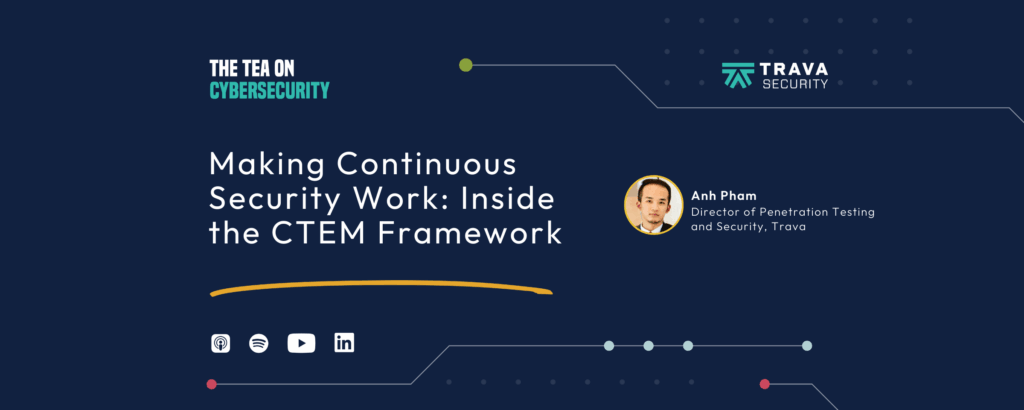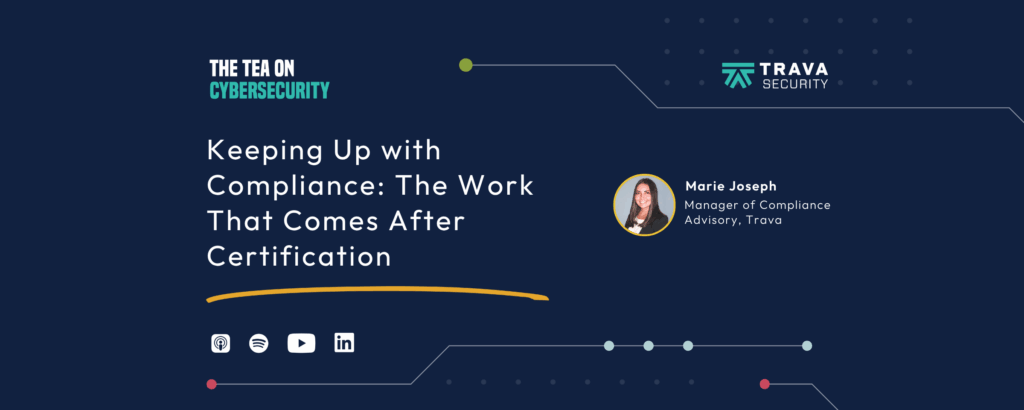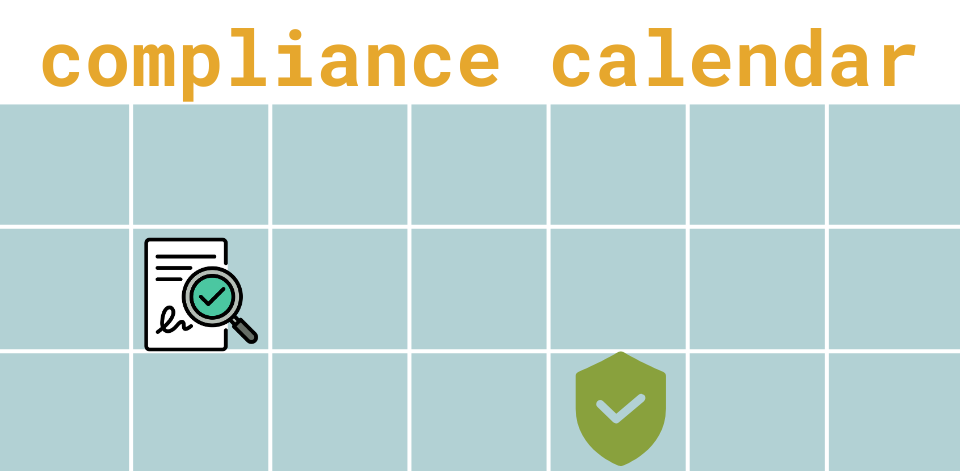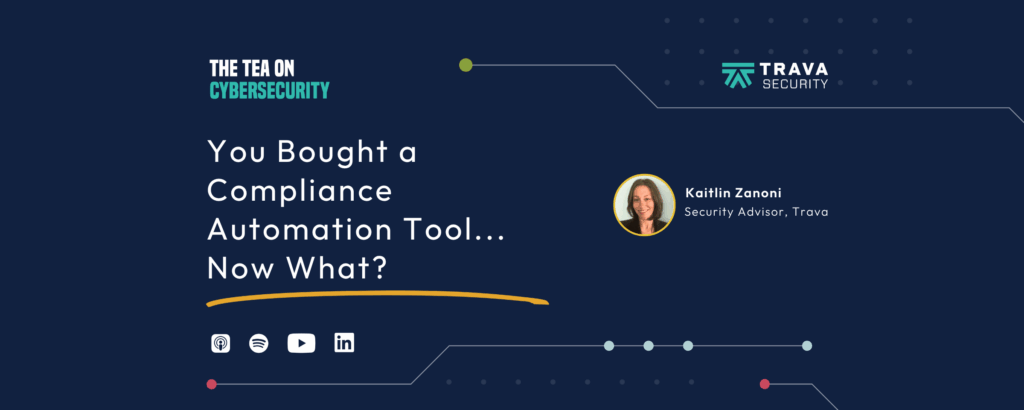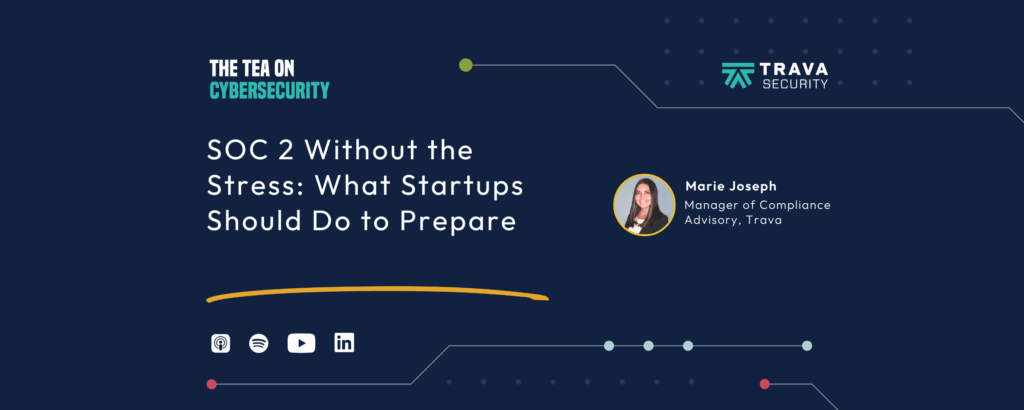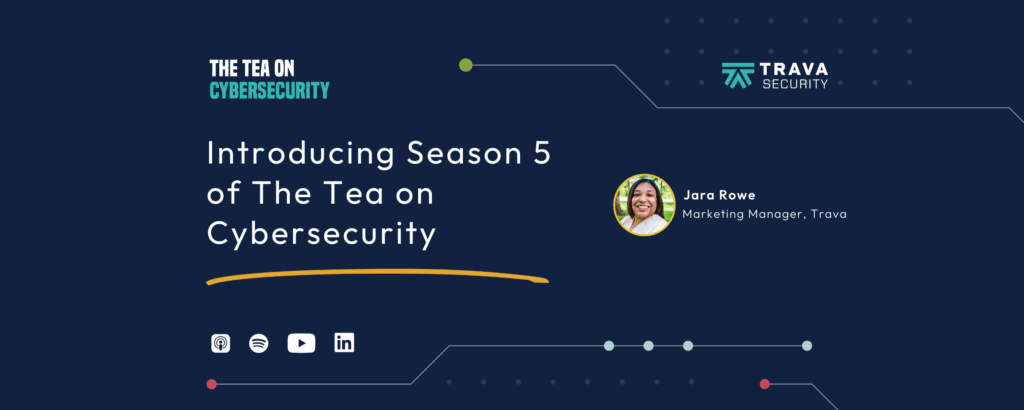Making Continuous Security Work: Inside the CTEM Framework
For SMEs and startups, things are always changing—new projects, growing teams, and evolving products. Amidst this growth, cybersecurity often takes a backseat. However, protecting your business from cyber threats is more important than ever. In this episode, Anh...

